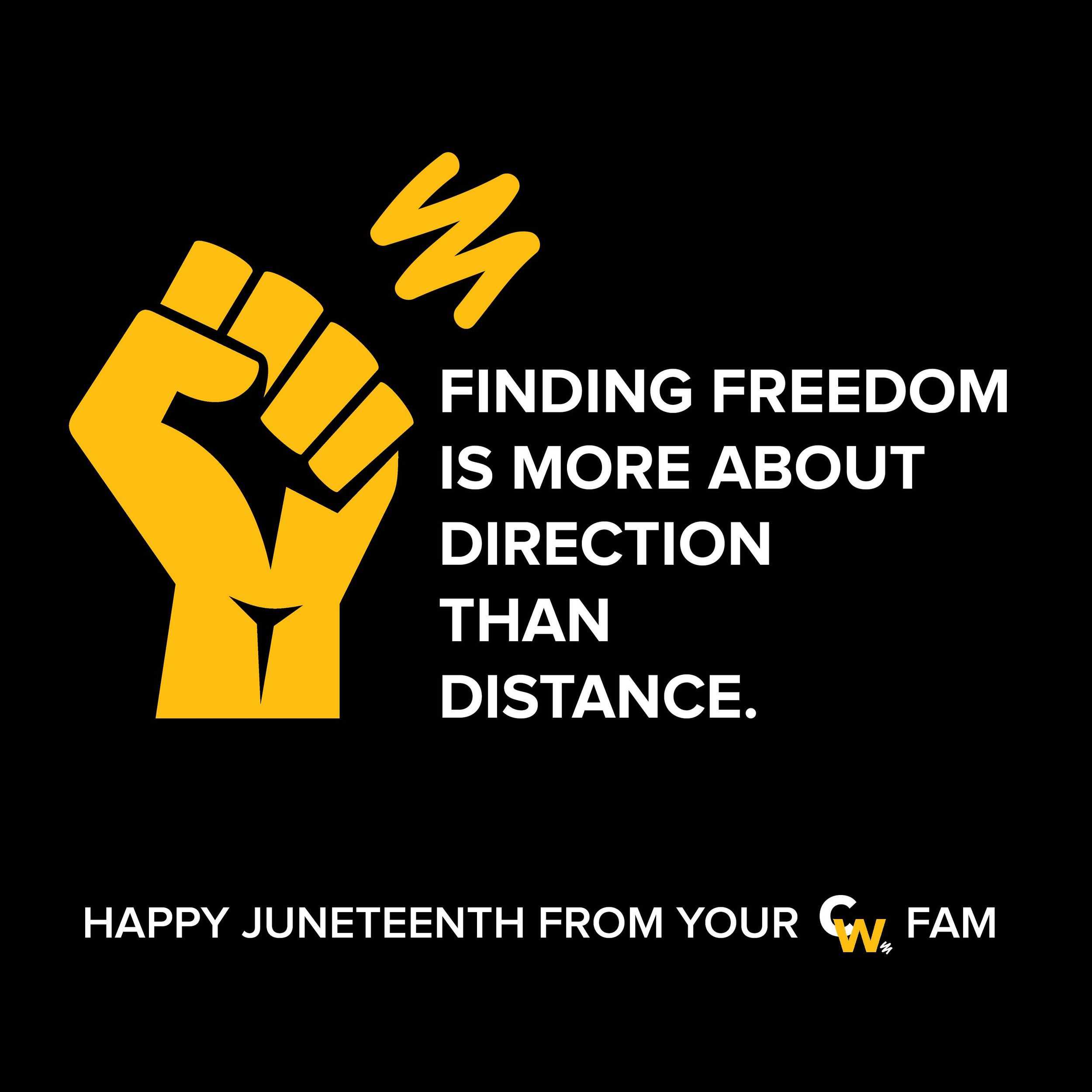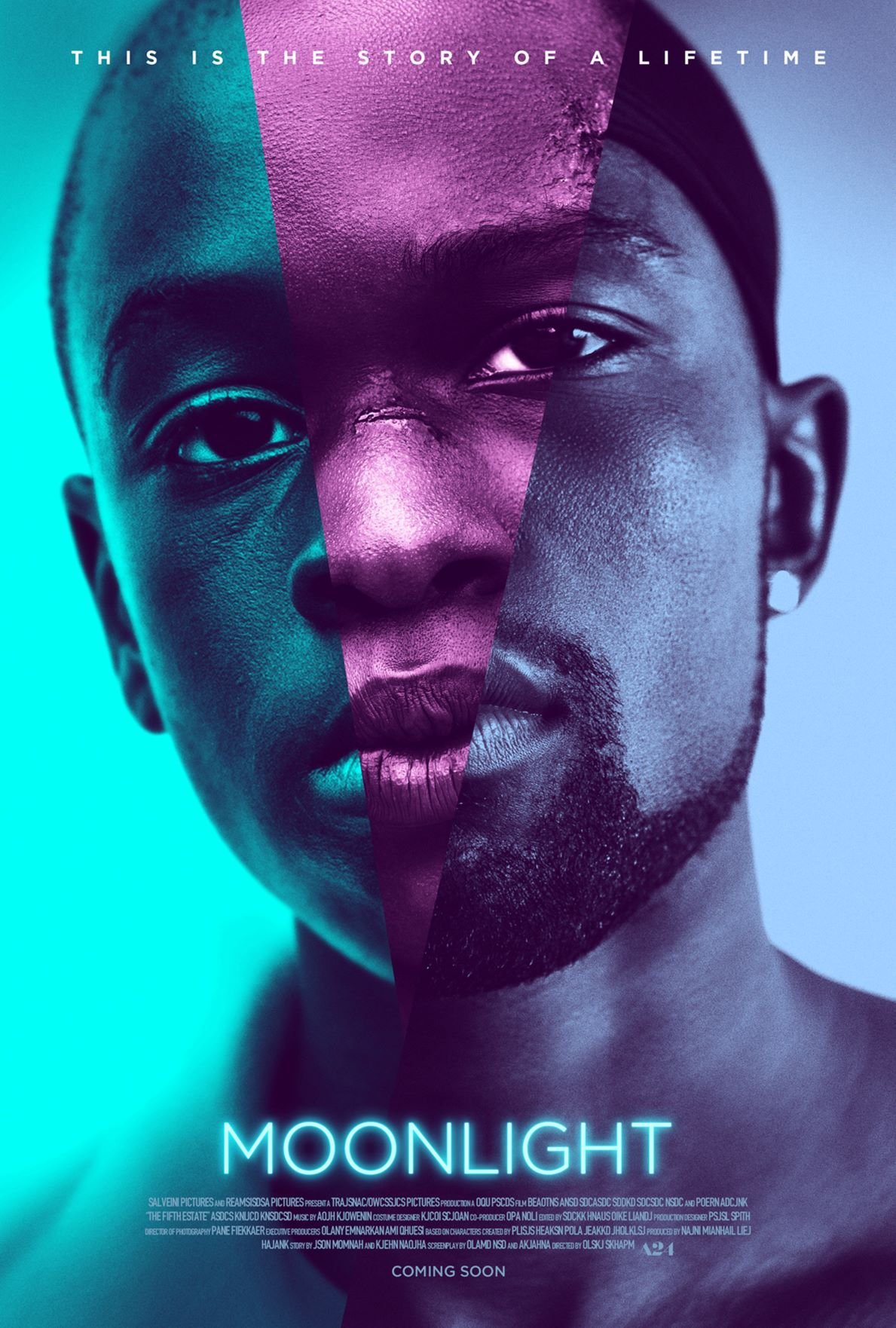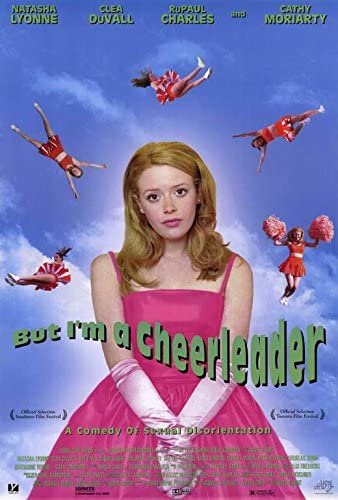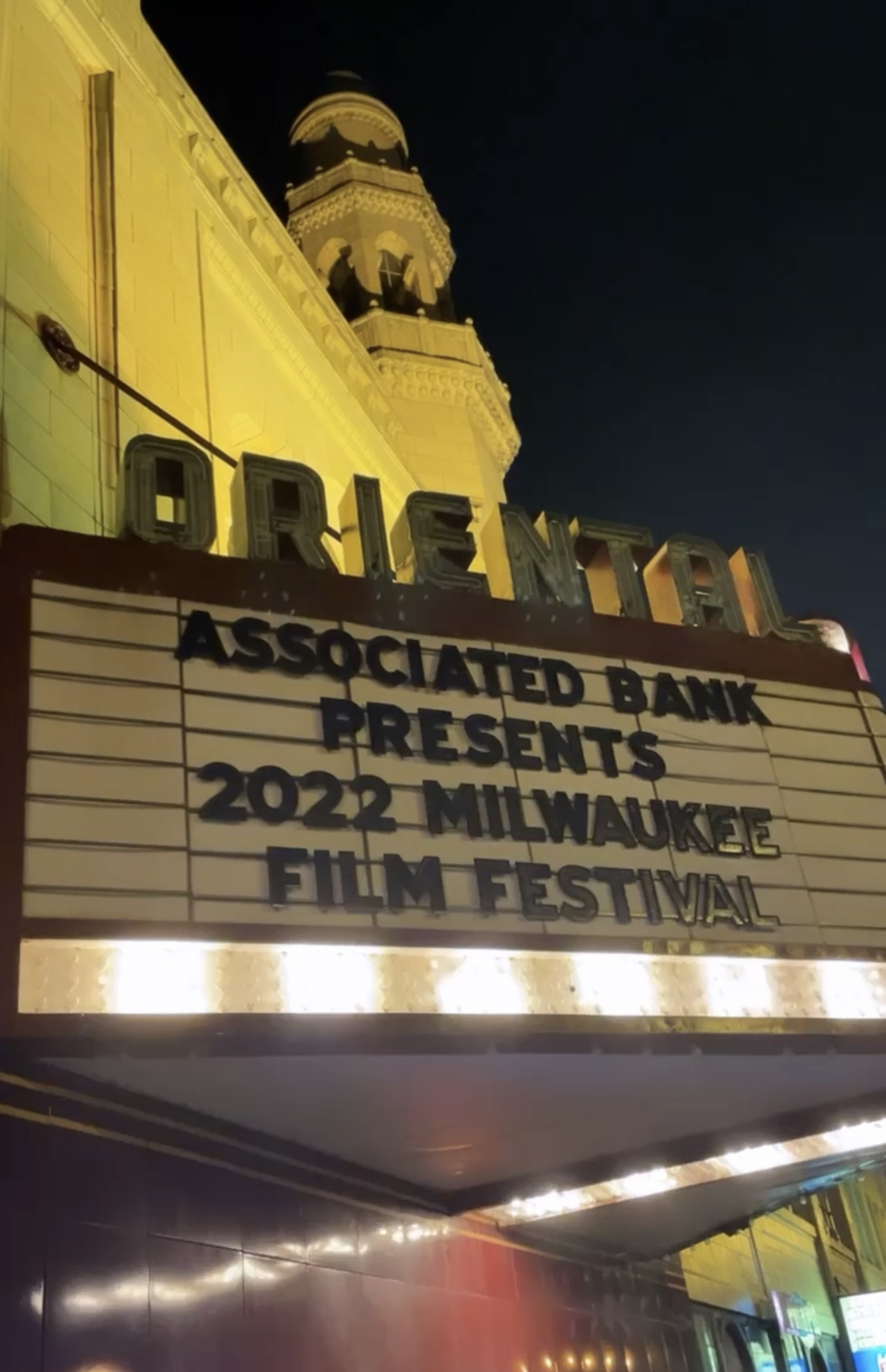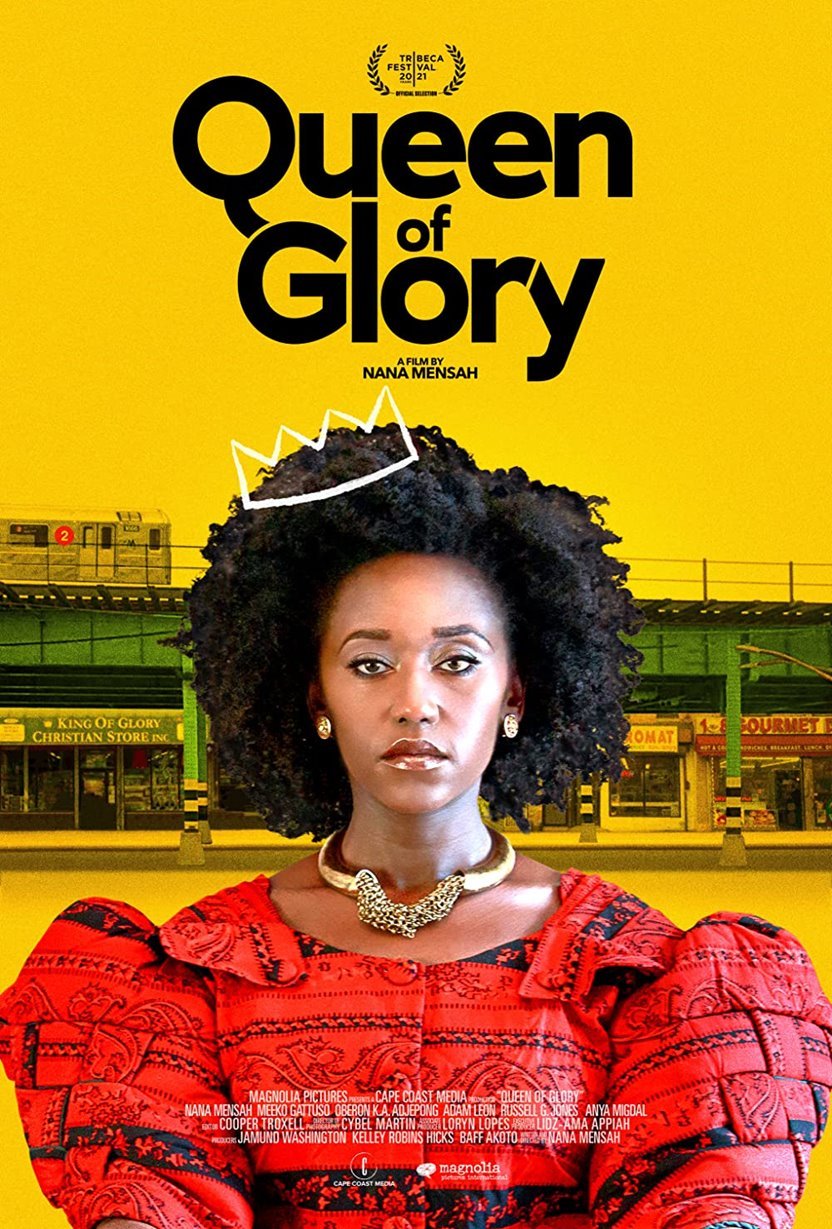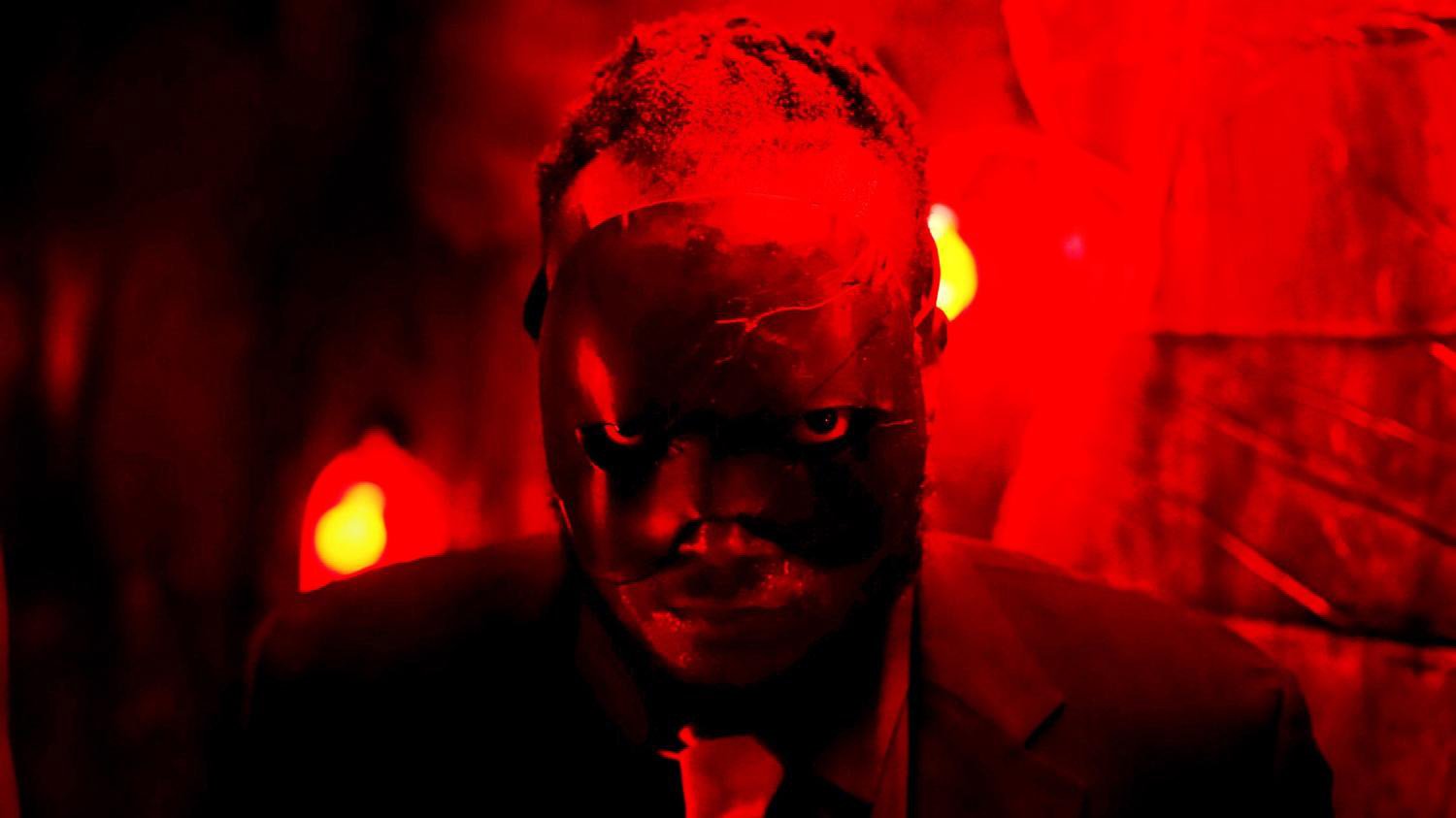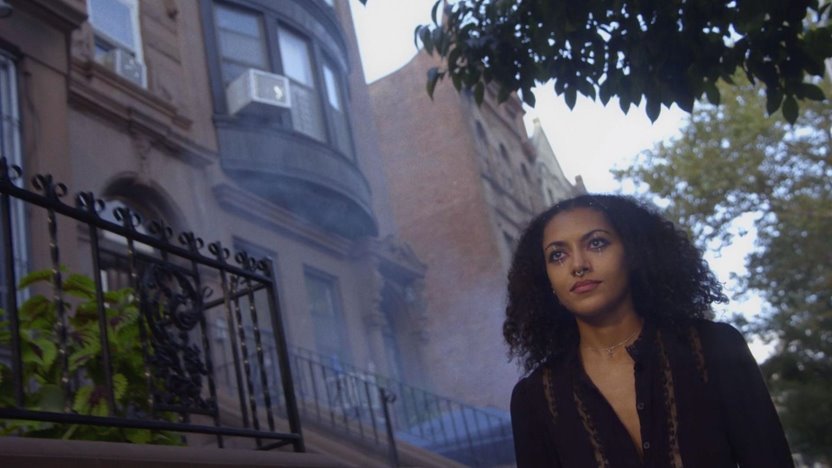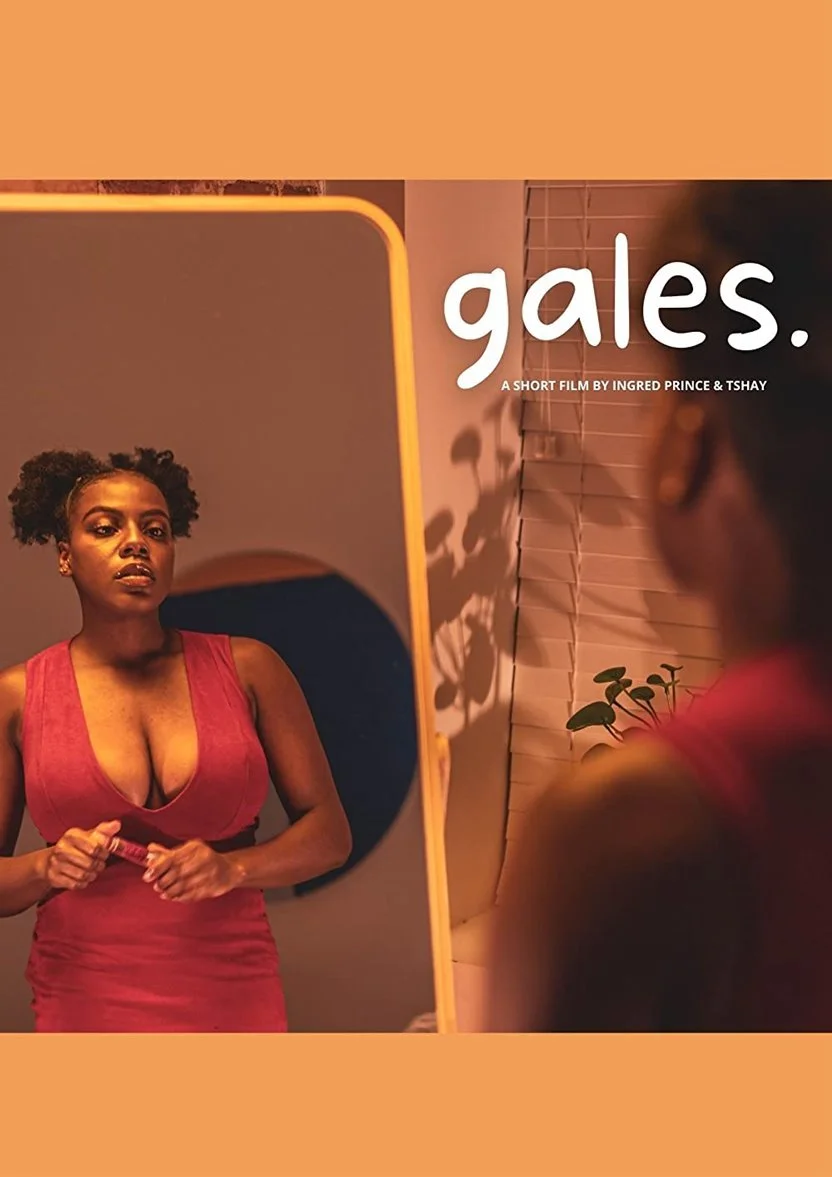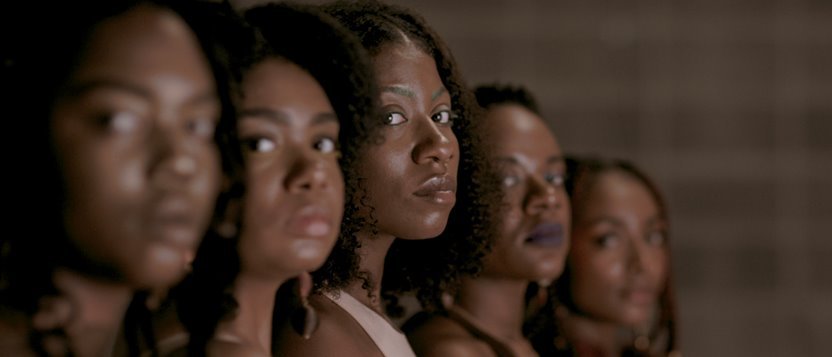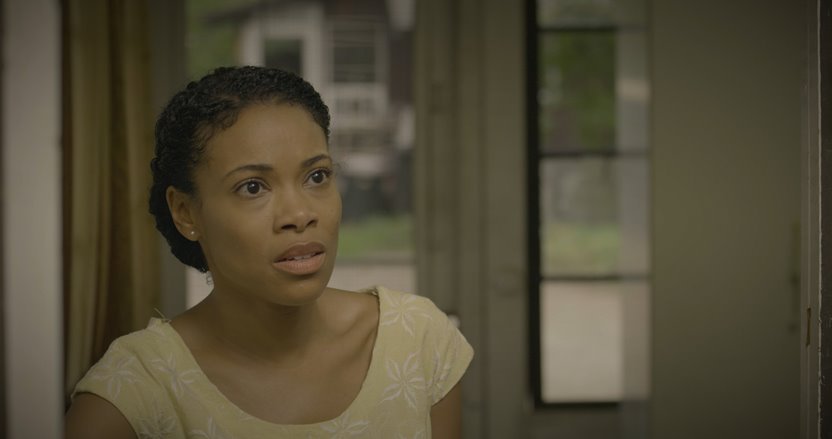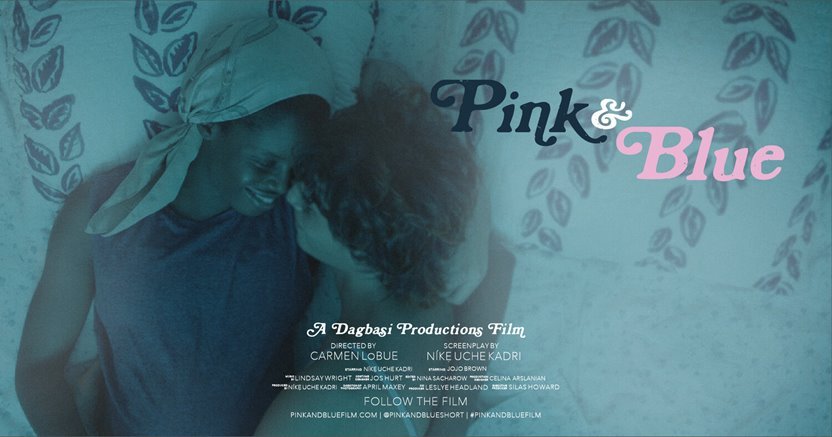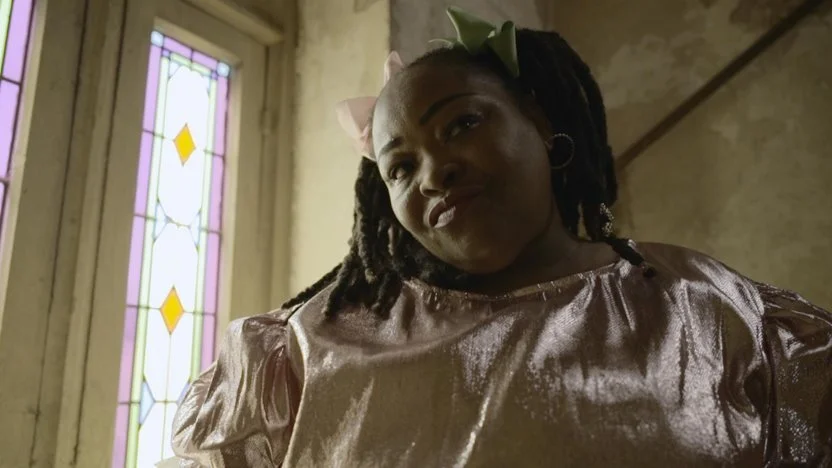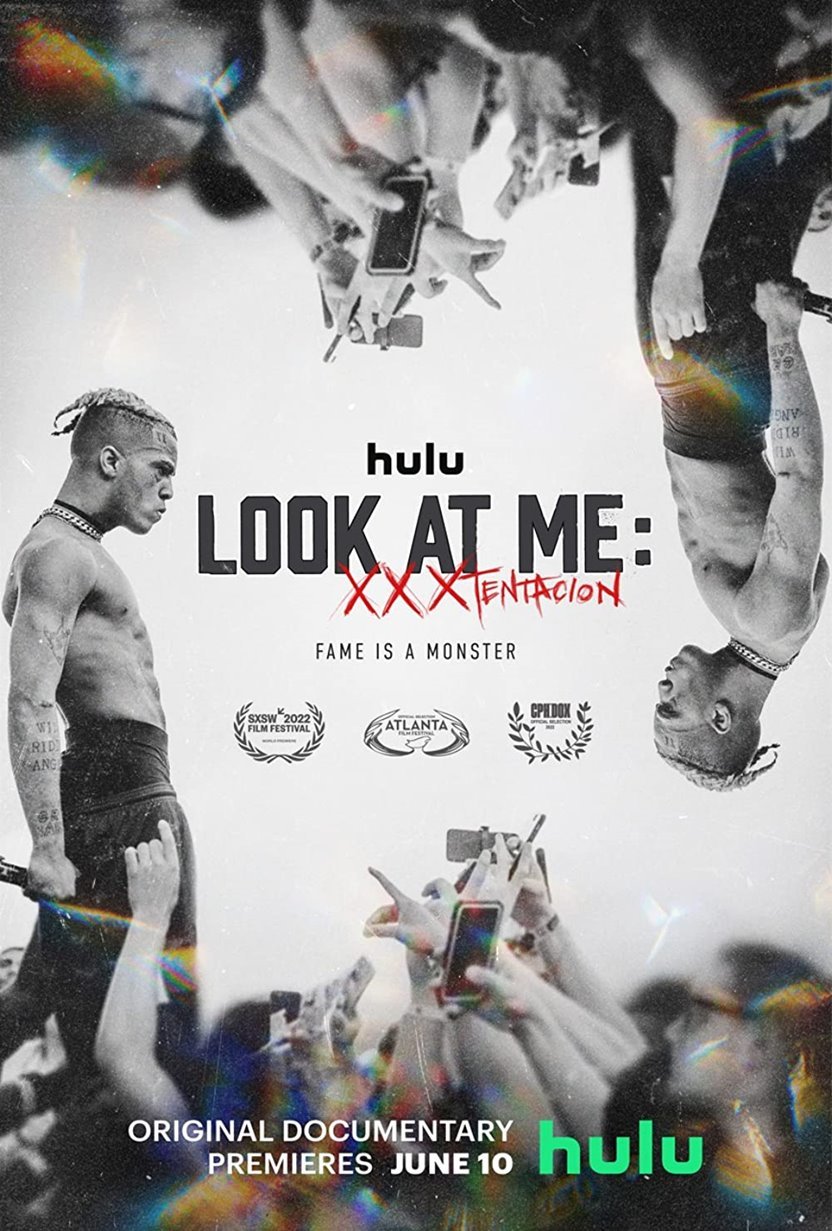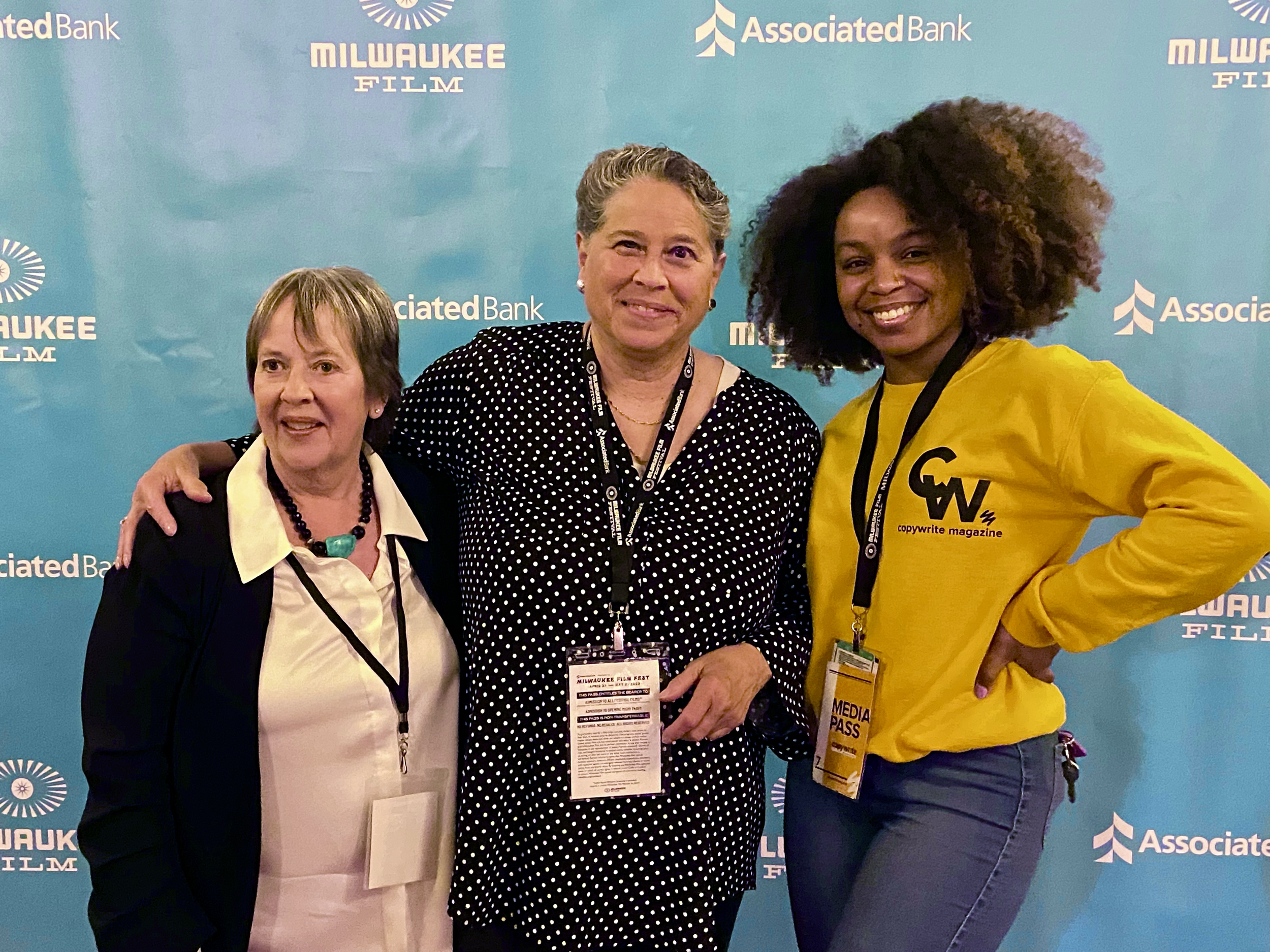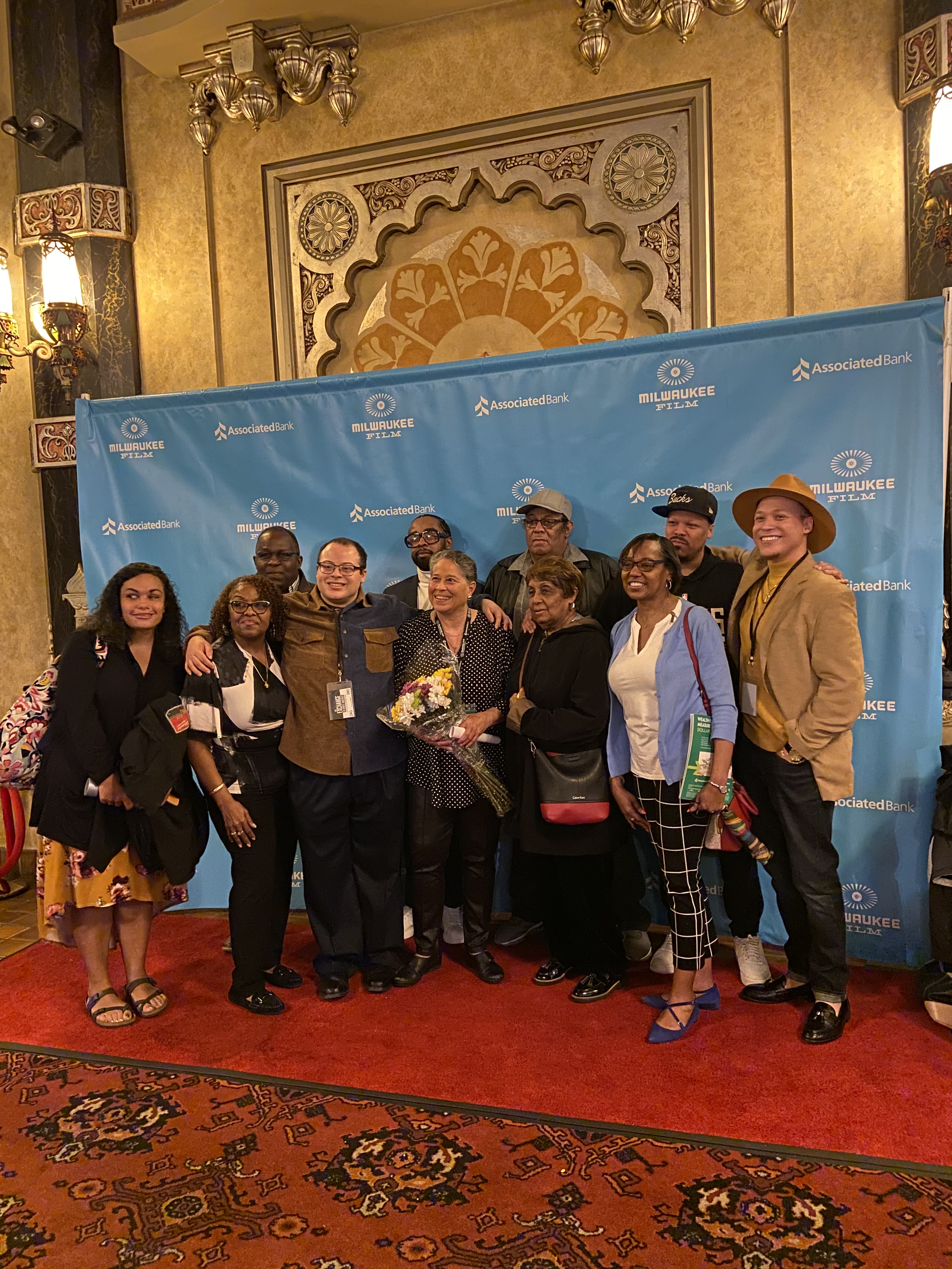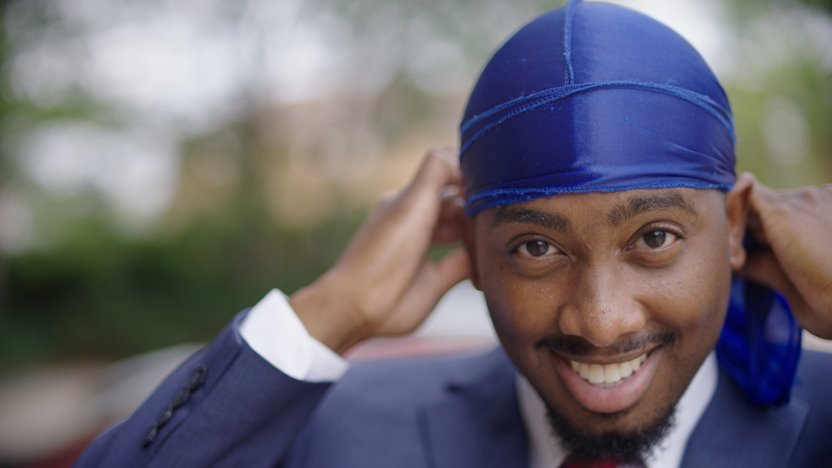CW: “You said you started this back in 2016, how are you feeling at this moment now that the public is able to see this film you’ve been working so hard on?”
Joanne: “I was very happy that they laughed in the right spots and cried in the right spots. I think everybody got the message of the film which is empathy, optimism and hope. I’m glad it’s now out in the world.”
CW: “What would you say was the hardest part about putting it all together? Because like you said, there was a lot of film to go through. Was that the toughest part you would say?”
Joanne: “No, the toughest part was raising the money to pay for it, which I’m still doing. It won’t all be paid off for a while, but that was very difficult.”
CW: “Is there somewhere people can donate?”\
Joanne: “Yes, you can send a check to Milwaukee Film in care of The Exchange.”
CW: “The part that was interesting to me was the actual exchange, it was deeper than just the play. And I see what type of benefit that it really had for the community to do it. Do you think that it would be beneficial to keep that going with MPS schools and suburban schools that we have throughout Wisconsin, so people can see both sides?”
Joanne: “Well it would have to be an exchange like they did at Kaukauna and King. Not just a day or two. . . they literally lived with families for a month in both communities and they were immersed in their communities. So I think it would be worth it but it takes a lot of work to do that kind of exchange. If some school district or two school districts want to do that work, I say go for it! They can watch the film and be inspired.”
CW: “Exactly. Now with King, they just did the ‘In White America’ play back in 2016 and you had your hand in that, I’m sure that felt like a full circle moment, so how was it?”
Joanne: “It was pretty emotional. I was happy to be back in my high school and watch them do the play in the same classroom that I had theater classes in. And I was glad to see that 50 years later a new generation with a multi-ethnic cast could do the play.”
CW: “How did you get everyone back together again from 1966? We have social media now so it helps, but getting everyone together, was that difficult?”
Joanne: “Well, we didn’t get everybody, we got many of them. And it was difficult to find people because they’re [the original exchange students] all over the country. Actually, we got together on one day and did the interviews, so that was a big challenge. I’m still in touch with them and hope to talk to them in the future and let them see the film. But that was a big challenge. There were a lot of days that were very rough.”
CW: “What inspired you to create this film?”
Joanne: “I knew about the story. I had the story in the back of my mind and in the back of my files for 50 years. I just was busy doing TV news, anchoring and reporting and didn’t have time to devote to do this. After I retired and found this newspaper in a box marked high school stuff, as Christina said, we looked at the King’s page and said, ‘This is a story and it’s time to tell it’.”
CW: “And you are a great story teller so I feel like this is perfect for you. What’s next for you? Do you think you want to do more films or was this just the one film you wanted to do because it was a story that had significant meaning to you?”
Joanne: “I would like to continue doing films. I would like to work on other people’s films. But we have to get through this and then we have 10 other film festivals to which we submitted, so I may be going all around the country showing it at other festivals.”
CW: “What do you think the viewers here took from watching the film?”
Joanne: “I hope they got the feeling of how important it is to get to know people who are different from you, but you’ll have to ask them how they felt. I would love to hear what they thought!”
Although most of the people who watched the film were gone by the time Joanne and I finished chatting, I can honestly say I think the overall consensus of the film from everyone was well received. Like Joanne mentioned, you could hear and feel the crowd sharing the same emotions together either through a laugh or a cry and it was refreshing.
After all that the United States has been through the last eight years or so–being in the Trump era, the rise of the Black Lives Matter Movement and of course we can’t forget COVID bullying its way into our lives–it’s not often I find wholesome content that makes me have faith in humanity. However, watching The Exchange I was pleasantly surprised by the actions from Joanne Williams and her peers. With the exchange happening during the Civil Rights era, I wasn’t expecting to see the outcome be so successful. I would love to see if this type of exchange could work again today in 2022 mostly because I think with all that has been going on, there’s a disconnect between humanity. But if you want to make the world a better place, there’s no better place to start than with the kids – they are our future.
/Carrie
THE STIGMA OF THE DURAG [Director: Justin Goodrum]






